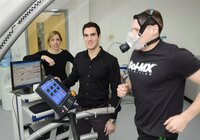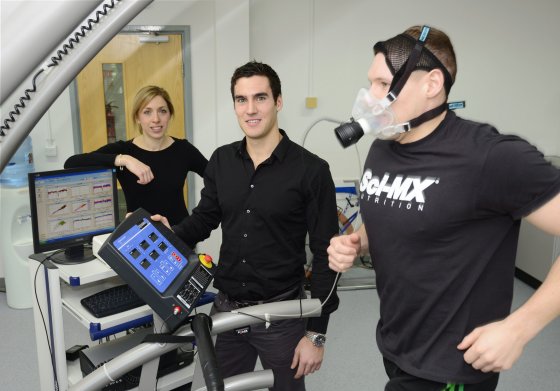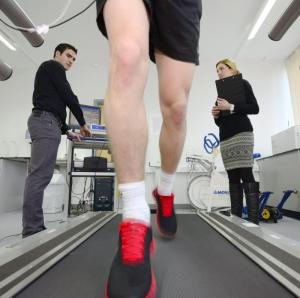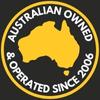Does Empty Stomach Cardio Burn More Fat?
Author: Professional Whey Date Posted:19 February 2013

According to new research from Northumbria University, people can burn up to 20% more body fat by exercising in the morning on an empty stomach. In a study published in the British Journal of Nutrition released January 2013, academics researched whether working out after an overnight fast would increase fat burning or would it increase appetite and make people eat more food later in the day.

The Researchers, led by Dr Emma Stevenson and PhD student Javier Gonzalez, got 12 men who are physically active, and had them perform cardiovascular exercise on the treadmill at 10am. Some ate breakfast and some exercised in a fasted state having not eaten since the evening before. Following the exercise all participants were given a recovery drink. Later in the day, participants ate a pasta lunch which they were asked to consume until they felt 'comfortably full'. Their lunchtime consumption of energy and fat was assessed and calculated, taking into account the amount of energy and fat burned during the morning period. When researchers analysed how much had been eaten, they discovered that those who had exercised on an empty stomach did not eat more calories or experience increased hunger during the day. They also discovered that those who exercised in a fasted state burned almost 20% more fat compared to those who had eaten breakfast before their workout. This means that performing exercise on an empty stomach provides the most desirable outcome for fat loss. Javier Gonzalez, PhD student in Exercise and Metabolism, said: "In order to lose body fat we need to use more fat than we consume. Exercise increases the total amount of energy we expend and a greater proportion of this energy comes from existing fat if the exercise is performed after an overnight fast.

"Our results show that exercise does not increase your appetite, hunger or food consumption later in the day and to get the most out of your session it may be optimal to perform this after an overnight fast." Dr Emma Stevenson, Senior Lecturer in Sport and Exercise Nutrition and Associate Director of Northumbria University's Brain, Performance and Nutrition Research Centre, added: "This research is very important in helping to provide practical guidelines relating to food intake to individuals who are exercising to maximise fat mass loss. It must be highlighted that this is a short-term study and we can only speculate on the longer term outcomes of such nutritional practices.












